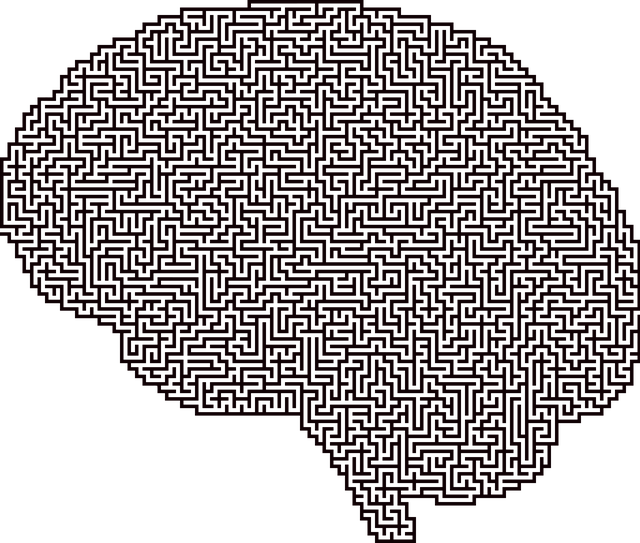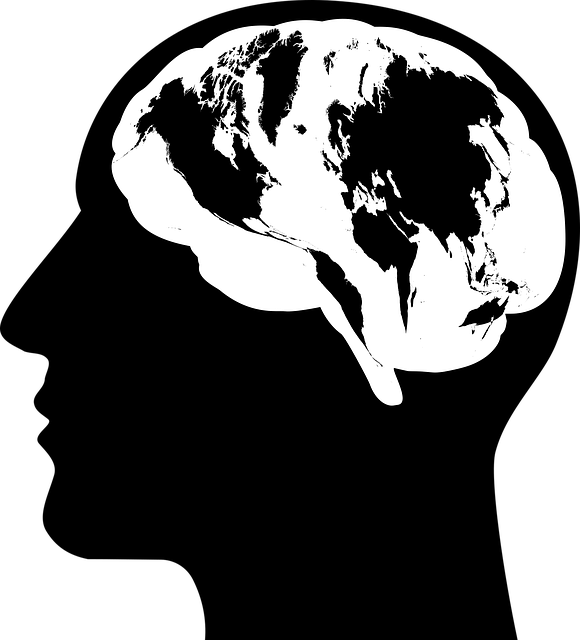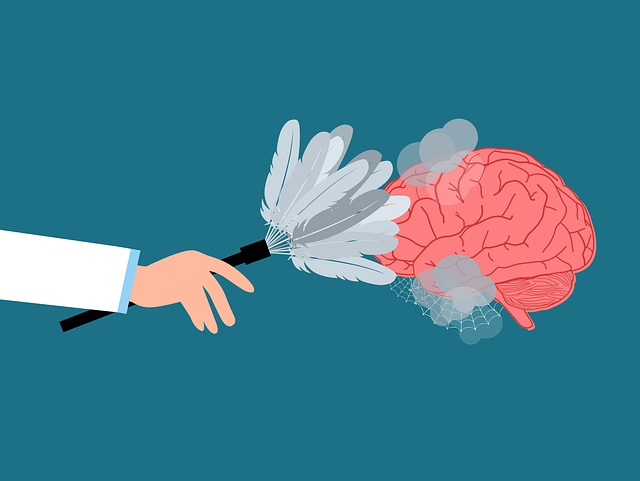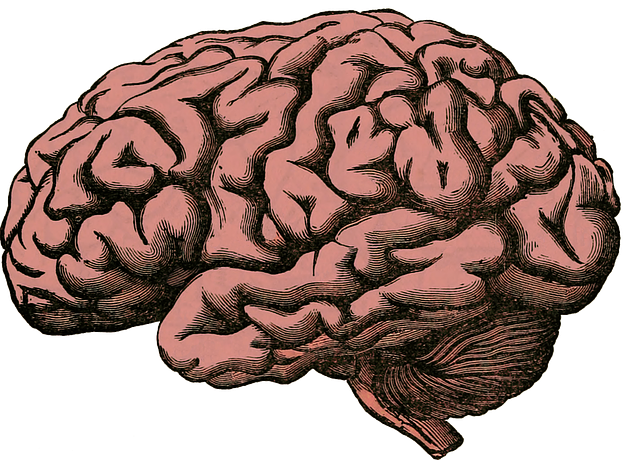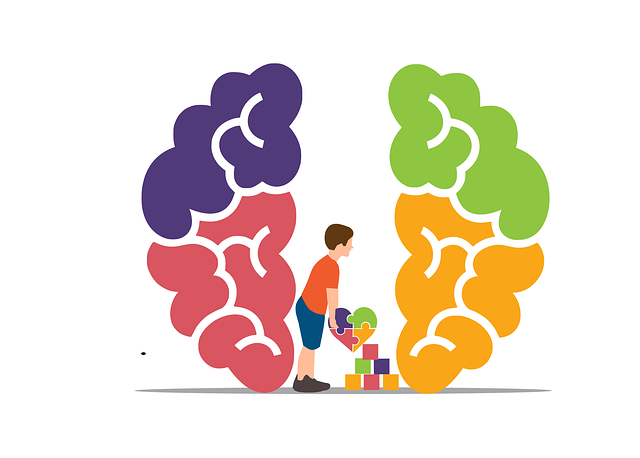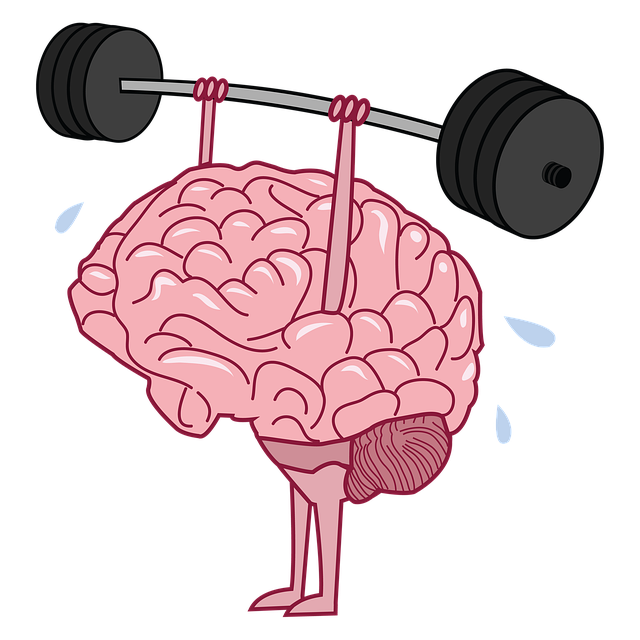Evaluating the Highlands Ranch Functional Neurological Disorder Therapy requires tracking key performance indicators (KPIs) like symptom reductions, improved functioning, and enhanced quality of life. This involves a combination of self-report measures from clients and objective assessments. Client feedback surveys are vital for understanding satisfaction levels and refining therapy techniques based on individual needs. Long-term tracking and outcome evaluation ensure the program's effectiveness, enabling data-driven adjustments to care plans and preventing healthcare provider burnout.
Mental wellness program evaluations are crucial for measuring the impact and effectiveness of therapeutic interventions, such as those offered in Highlands Ranch Functional Neurological Disorder Therapy. This article explores three key evaluation methods: Assessing Program Effectiveness through metrics and measurements, Client Feedback via satisfaction surveys, and Long-term Tracking of outcomes. By employing these strategies, therapists can gain valuable insights into program success, client satisfaction, and long-lasting effects, ensuring continuous improvement in mental wellness care.
- Assessing Program Effectiveness: Metrics and Measurements
- Client Feedback and Satisfaction Surveys
- Long-term Tracking and Outcome Evaluation
Assessing Program Effectiveness: Metrics and Measurements

Evaluating the effectiveness of a mental wellness program is paramount to understanding its impact and making informed improvements. Metrics and measurements play a crucial role in assessing whether initiatives like Highlands Ranch Functional Neurological Disorder Therapy are achieving their intended outcomes. This involves tracking key performance indicators (KPIs) specific to mental health, such as changes in symptoms, improved functioning, and enhanced quality of life.
One effective method is utilizing self-report measures where participants rate their own well-being. Additionally, Mental Wellness Coaching Programs Development often incorporates objective assessments, like standardized questionnaires and clinical interviews, to gain a comprehensive view. These tools help capture the nuances of mental wellness, including changes in communication strategies employed by individuals as they navigate their therapeutic journeys.
Client Feedback and Satisfaction Surveys

Client feedback and satisfaction surveys are invaluable tools for evaluating mental wellness programs, including those specializing in functional neurological disorder therapy in Highlands Ranch. These surveys provide insights into clients’ experiences, offering a direct measure of program effectiveness. By asking about their overall satisfaction, clients can highlight strengths and areas for improvement, ensuring the program aligns with their needs and expectations.
Moreover, specific questions related to emotional regulation, social skills training, and coping skills development allow for a nuanced understanding of these key aspects. Feedback on these areas directly contributes to refining therapy techniques and tailoring interventions to address individual challenges. Through client-centered feedback, mental wellness programs can enhance their approach, fostering better outcomes and a more positive therapeutic journey in Highlands Ranch.
Long-term Tracking and Outcome Evaluation

Long-term tracking and outcome evaluation are essential components of any comprehensive mental wellness program. By implementing consistent and structured monitoring systems, healthcare providers can gain valuable insights into the effectiveness of their interventions. This involves regular assessment of patient progress, including measurements of symptoms, functionality, and quality of life. For instance, in Highlands Ranch Functional Neurological Disorder Therapy, tracking methods might include standardized questionnaires, clinical interviews, or digital health apps to gauge changes in mood management over time.
Such long-term evaluations enable healthcare providers to identify trends, determine the longevity of treatment effects, and make data-driven adjustments to care plans. Moreover, these strategies can contribute to the development of burnout prevention strategies for healthcare providers by highlighting areas where additional support or training, such as Healthcare Provider Cultural Competency Training, might be needed. This holistic approach ensures that both patients and caregivers receive sustained benefits, fostering a healthier and more resilient community.
Evaluating a mental wellness program, such as those offered at Highlands Ranch Functional Neurological Disorder Therapy, involves a multi-faceted approach. By combining metrics and measurements, client feedback, and long-term tracking, we can gain a comprehensive understanding of program effectiveness. This holistic evaluation ensures that therapies not only provide immediate relief but also lead to lasting positive outcomes for individuals seeking mental wellness support.


